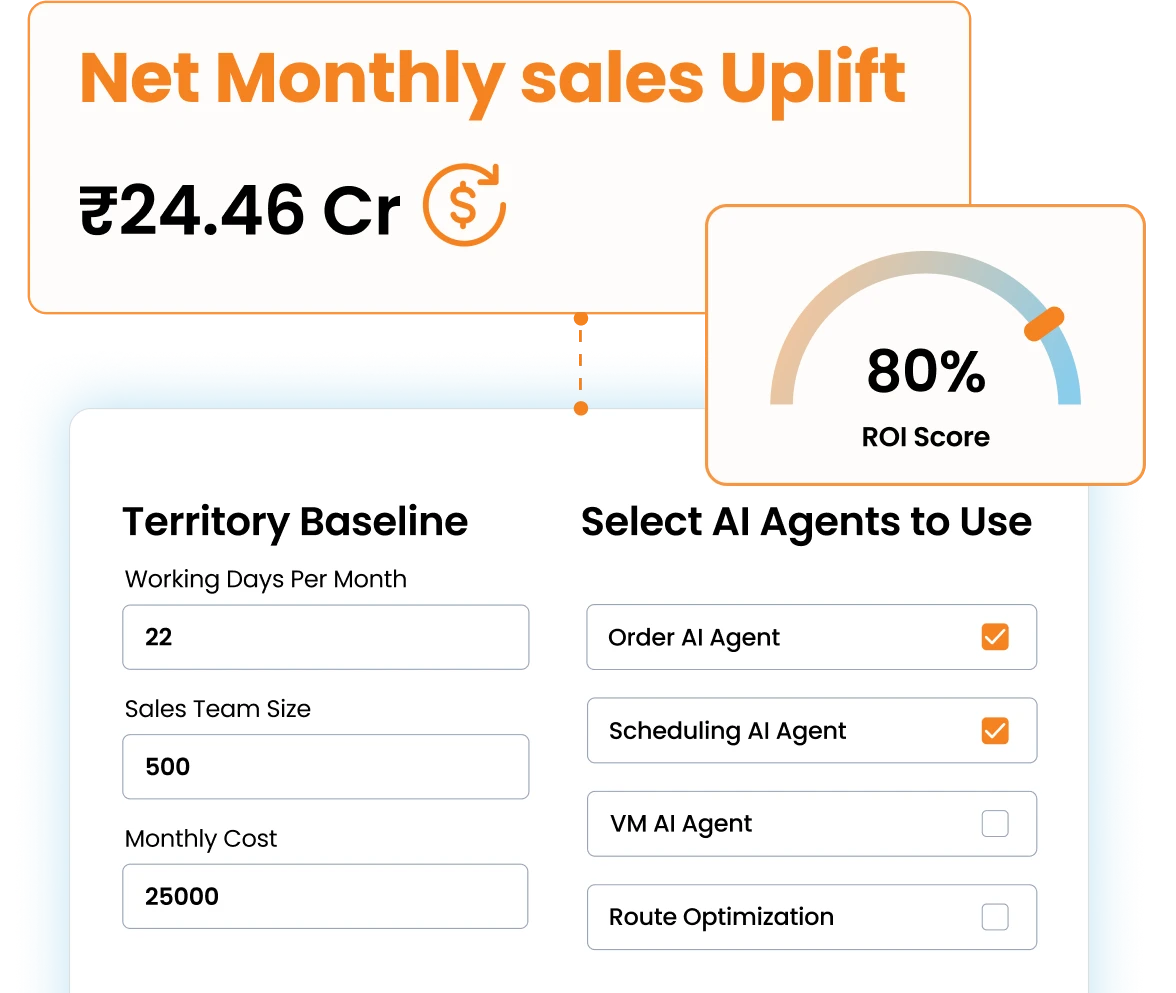Featuring: Ms. Poonam Chandel, Managing Director, NeuWorld Spirits
Host: Nikhil Chaudhary, VP Marketing at BeatRoute
Introduction
The alcohol beverage (AlcoBev) industry in India is one of the most tightly regulated and complex sectors in the country. Each state functions almost like an independent market, with its own excise laws, pricing mechanisms, and licensing systems. Within this intricate web, growth is not just about ambition; it’s about precision, patience, and process.
In the latest episode of the Podcast de BeatRoute, Poonam Chandel, Managing Director of NeuWorld Spirits, shared her perspective on how AlcoBev companies can evolve amid regulatory constraints and changing market dynamics. With over two decades of experience at Radico Khetan, Allied Blenders and Distillers, and Cobra Beer, Poonam has seen the industry’s evolution from multiple angles, and her insights highlight the delicate balance between compliance, innovation, and execution.
Compliance First, Growth Next
For most industries, growth begins with strategy. In AlcoBev, it begins with compliance. “Scaling in our industry follows compliance. We first navigate the regulations, and then we scale,” Poonam explained.
Unlike FMCG or consumer durables, where expansion can be driven by market demand, AlcoBev companies must first align with state-level rules and licensing systems. Every label, shipment, and outlet comes under strict regulatory oversight.
The reality is that regulation defines pace. But rather than seeing this as a limitation, Poonam views it as a discipline, a framework that helps companies build sustainable models. In her words, “The more you understand the compliance landscape, the stronger your foundation becomes for long-term scalability,” she said.
"You can’t plan national growth without first understanding how each state operates,” she added.”
Distribution: Balancing Relationships and Discipline
Distribution in the AlcoBev sector is unlike any other. It’s not just about logistics or inventory flow; it’s about navigating licenses, relationships, and operational complexity. Even seemingly minor administrative changes can trigger major disruptions.
Poonam pointed out that if a company changes its entity name, it would need to register the new entity with excise authorities, re-register its brands, and update all labels, a process that could take anywhere from three to six months depending on the state, effectively halting all sales.
According to Poonam, successful AlcoBev companies strike the right balance between relationship-led execution and system-driven governance.
“Each state brings its own set of intermediaries, processes, and control points. Even a small administrative change, such as a label approval delay or entity modification, can halt supply for weeks. The only way to thrive, she noted, is through local agility backed by structured processes.”
Winning at the Shelf
Once the regulatory and distribution foundations are set, the next challenge for AlcoBev brands is execution. Visibility and availability are critical. On-trade channels like bars and lounges shape brand perception and experience, while off-trade retail outlets drive sales volume. Success comes from understanding where your brand fits and ensuring consistent performance across every touchpoint. Once your brand reaches the shelf, it must deliver on taste, on packaging, and on pull.
“Execution still faces a long-standing hurdle: limited real-time visibility. Many companies continue to depend on manual tracking, which leaves gaps in understanding performance. This is where digital tools can make a meaningful difference. The industry’s mindset has also shifted. Five years ago most believed tech was not suited for AlcoBev, but today nearly every company uses it in some form.”
From Reluctance to Digital Readiness
Digital transformation in AlcoBev hasn’t been a sudden leap; it has evolved through necessity. Initially, companies were hesitant to adopt technology, fearing it might not adapt to state-level nuances. But that perception is shifting.
The focus now is not on replacing traditional systems, but integrating technology in ways that enhance compliance and execution simultaneously.
She also emphasized the importance of contextual technology, tools designed with the industry’s realities in mind. “It’s not about using tech for the sake of it. It’s about making it work for our business reality,” she said.
For AlcoBev enterprises, that means choosing systems that can work within regulatory constraints, unify field data, and bring visibility without disrupting the compliance chain. Poonam’s view reflects a broader industry sentiment: meaningful transformation begins when technology adapts to business context, not the other way around.
“Today, tech is helping us manage inventory, track sales, and bring visibility to our retail execution.”
Building the Foundation for AI
Looking ahead, Poonam sees data as the most important driver of transformation. She says that AI adoption in AlcoBev is still early, but the use cases are already visible, whether it is understanding consumer sentiment, predicting outlet performance, or improving trade marketing investments.
However, she highlights that any progress with AI depends on clean and well-structured data systems. The focus, she says, should be on building the right groundwork in data and processes rather than chasing trends.
“AI will be useful when we feed it good data. Data is integral to AI; it cannot work on hypotheses.”
Leadership, Learning, and Long-Term Vision
Reflecting on her journey, Poonam believes that transformation in AlcoBev is not a sprint but a series of disciplined steps. “We’ve learned not just how to do business, but how not to do business,” she said with a smile.
Her perspective is pragmatic. Compliance is not a roadblock but a roadmap. Transformation is not a destination but a process of consistent alignment between people, policy, and performance.
“Agility, authenticity, and adaptability will define the next phase of our industry,” she concluded. The companies that build systems around these values will lead the change.”
Reflexiones finales
Poonam Chandel’s perspective highlights a simple truth about the AlcoBev industry: every state functions as its own market with distinct rules, processes, and success metrics. This makes digital transformation fundamentally different from FMCG or retail. For liquor brands, technology must be selected for its ability to adapt to these differences while still enabling consistent on-ground execution.
In the AI era, this becomes even more important. AI can only deliver value when the platform understands the on-ground reality of each state, learns from it, and translates that complexity into clear guidance for teams.
Poonam also emphasizes investing in people who can think strategically, manage processes effectively, and adapt to new environments rather than holding on to rigid ways of working.
For AlcoBev brands preparing for their next phase of growth, this is the path. Tech that adapts. AI that works for AlcoBev industry. People who evolve. That is how you build an execution system that stays strong today and stays ready for tomorrow.




